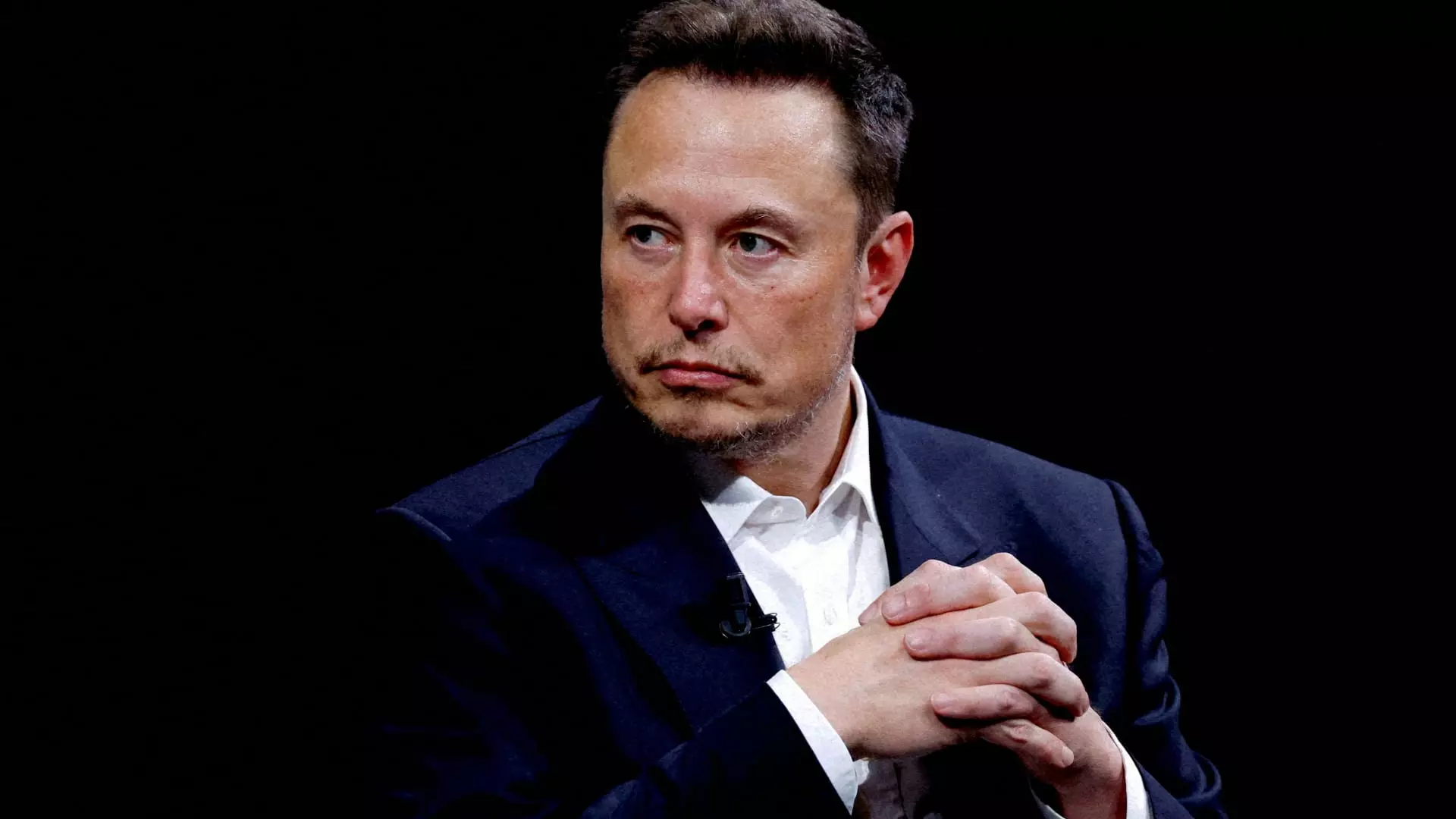Local Chinese authorities have recently lifted restrictions on Tesla cars following the company’s China-made vehicles meeting the country’s stringent data security requirements. This significant development comes after Tesla CEO Elon Musk’s unexpected meeting with Chinese Premier Li Qiang during the first major auto show in Beijing in four years.
The news of the removal of restrictions on Tesla cars by local Chinese authorities marks a pivotal moment for the U.S.-based automaker in the Chinese market. Despite Tesla’s electric vehicles being highly popular in China, concerns over data collection had led to restrictions on the vehicles, particularly in government-related properties. However, with Tesla’s adherence to China’s data security requirements, these restrictions have now been lifted, opening up more opportunities for Tesla in the country.
The China Association of Automobile Manufacturers and the National Computer Network Emergency Response Technical Team/Coordination Center of China announced that several new energy vehicles, including Tesla’s Model 3 and Model Y, had passed China’s data security requirements. These rules, released in November, focus on connected vehicles released in 2022 and 2023. Automakers voluntarily submit their vehicles for inspection to ensure compliance with these regulations. The requirements include anonymizing facial recognition data, not collecting cockpit data by default, processing data within the car, and notifying users about personal information processing.
Tesla was among the first batch of automakers to meet China’s data compliance requirements. In a press release, Tesla highlighted its localization efforts, including data storage at its Shanghai data center in 2021. Additionally, the company passed the ISO 27001 international standard for information security after a review by third-party auditors. These efforts demonstrate Tesla’s commitment to ensuring data security and compliance with Chinese regulations.
While Musk’s visit to China sparked expectations of Tesla’s driver-assist software Full Self Driving being available in the country, challenges remain. JL Warren Capital CEO Junheng Li expressed skepticism about the rollout of a “supervised” version of FSD in China, citing difficulties for Tesla as a foreign entity to support local operation of the software. Li emphasized that Beijing may prioritize local alternatives like Xpeng’s driver-assist software over Tesla’s FSD, given the availability of high-quality domestic options.
Premier Li’s visit to Xpeng and other companies at the Beijing auto show underscored the importance of innovation and consumer demand in driving production. Despite Tesla’s absence from this year’s auto show, following an incident at the Shanghai auto show in 2021, the event highlighted the government’s focus on promoting innovation and technological advancements in the automotive industry. The show’s rotation between Beijing and Shanghai annually reflects China’s commitment to showcasing the latest developments and trends in the sector.
The removal of restrictions on Tesla cars in China signifies a significant milestone for the company in one of its key markets. By meeting the country’s data security requirements and demonstrating compliance with regulations, Tesla has enhanced its position in China’s competitive automotive landscape. However, challenges remain, particularly regarding the rollout of Full Self Driving in the country. As Tesla continues to navigate the Chinese market, innovation, compliance, and localization efforts will be crucial factors in its success moving forward.

